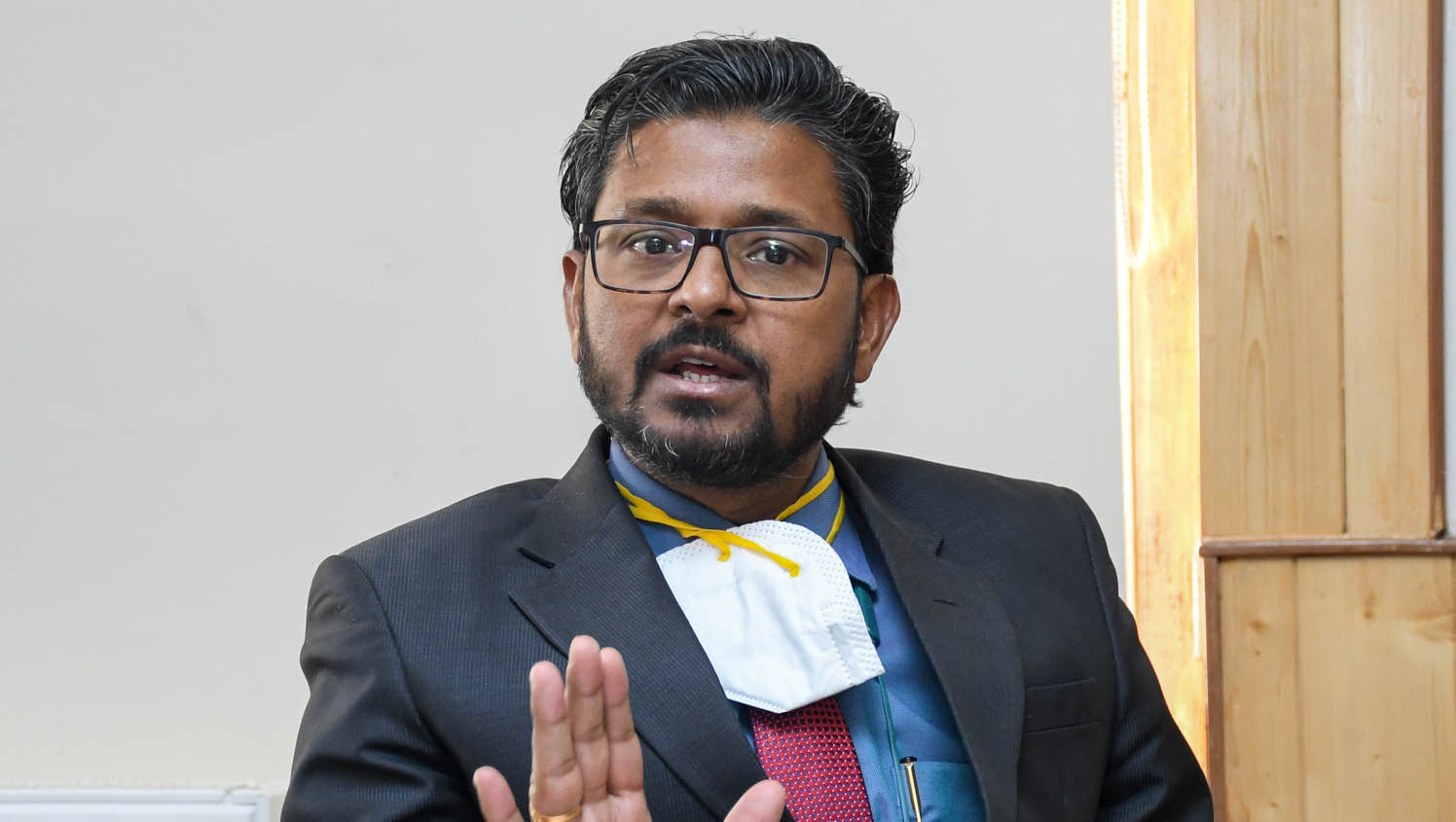LEH, June 7: The Union Territory of Ladakh will soon have a state policy on solid waste and plastic waste management to achieve ‘zero waste’ status through sustainable interventions, innovations and technology, an official spokesman said on Tuesday.
The policy document has been drafted with a vision to make Ladakh a garbage-free, energy-efficient and carbon-neutral waste management region so that it emerges as one of the cleanest areas in the country, the spokesman said.
He said Commissioner Secretary, Housing and Urban Development Department, Ajeet Kumar Sahu discussed the draft policy at the 4th advisory committee of Solid Waste Management meeting here.
The meeting was held to prepare the solid waste strategy and action plan for the Union Territory, the spokesman said.
Addressing the meeting, Sahu said the policy guidelines must be developed to support behavioral change in individuals, households, and institutions to reduce waste generations.
He said the behavioural change should be a major policy intervention.
The commissioner secretary said the policy must include the identification, enrolment, and regulation of rag-pickers and waste dealers. The rag-pickers in the Union Territory should be given identity cards and uniforms.
To achieve 100 percent door-to-door collection of solid waste, Sahu said it will be the responsibility of the landlords to notify the municipality if their tenant’s waste was getting collected or not.
Emphasising the importance of building the dignity and well-being of sanitation workers including rag-pickers, Secretary, Rural Development Department, Saugat Biswas highlighted the need to incorporate into the policy regular health check-ups, uniforms and protective gear for the sanitation workers and rag-pickers.
Some other objectives of drafting the policy include elimination of any secondary waste collection points to achieve the bin-free region, improve hygiene and garbage free ranking at the national level and having a solid waste management infrastructure compatible with extreme cold and dry climate, the spokesman said.
He said the policy would ensure 100 percent segregation of residential and commercial waste at the source along with the processing of the segregated waste, 100 percent door-to-door collection of solid waste from all properties, integrated waste management (centralised and decentralised) for biodegradable and non-biodegradable waste leading to minimum disposal at sanitary landfill.
Management of construction and demolition waste and recycling will also be covered under the policy, the spokesman said. (Agencies)


